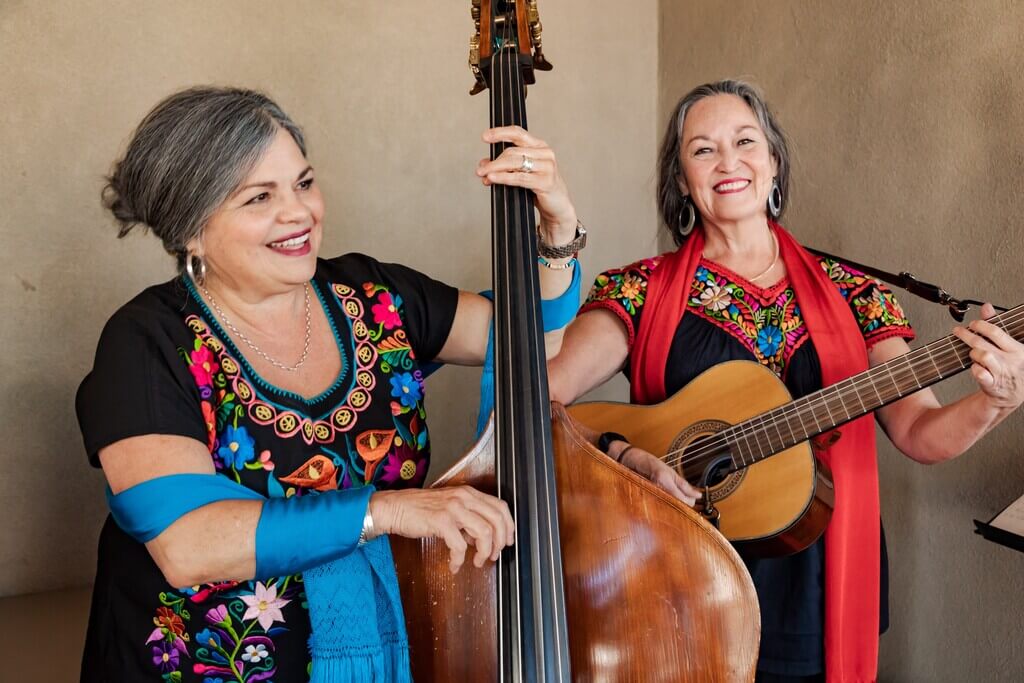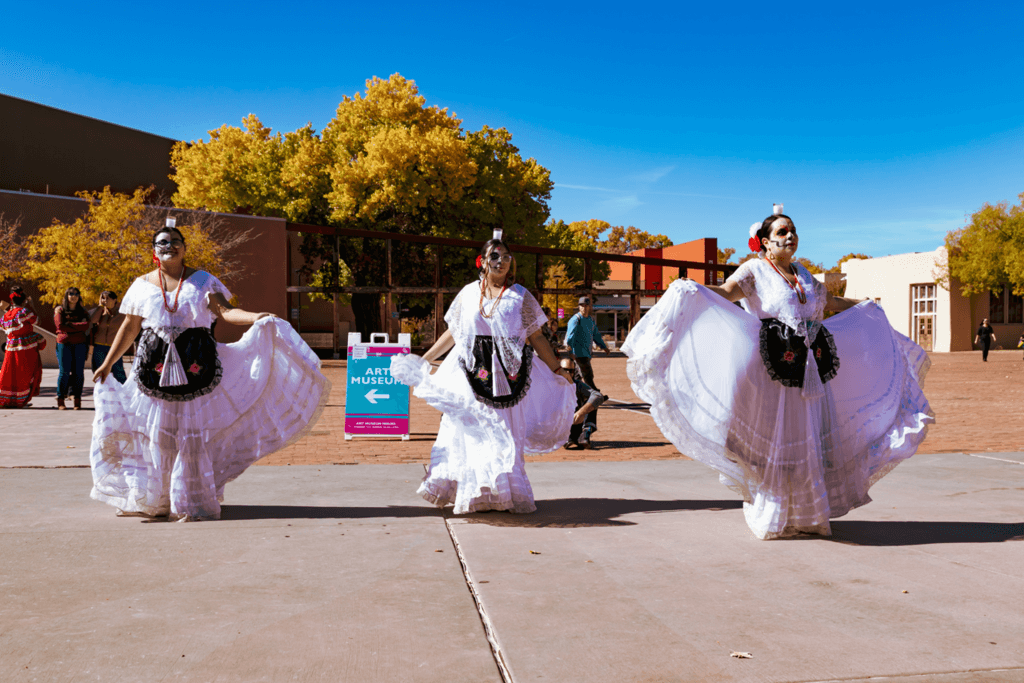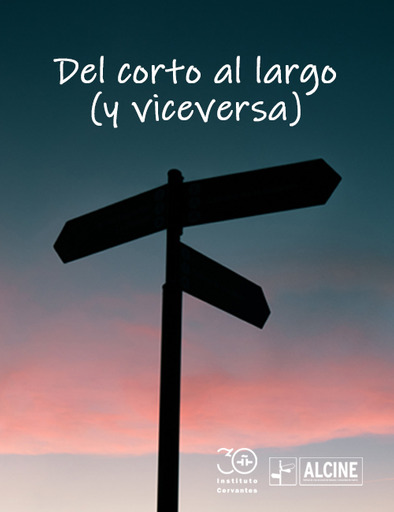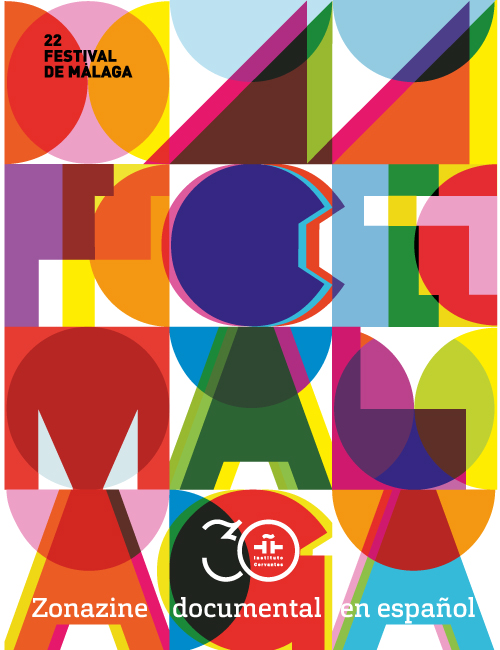Cine
Film: Del corto al largo (y viceversa), Asamblea
12 pm (MST) Available for 48 hours Instituto Cervantes Vimeo Channel HERE Álex Montoya’s first feature film, an adaptation of the play La gente by Juli Disla and Jaume Pérez (who also wrote the screenplay for the film), is a comic look at the decision-making processes of assemblies formed as a result of political movements after 2011. In a last meeting before the summer, Josep wants to move forward on the approval of a plan, while respecting differing ideologies and allowing all members an opportunity to speak. (more...)
Film: Del corto al largo (y viceversa), Mala espina
12 pm (MST) Available for 48 hours Instituto Cervantes Vimeo Channel HERE Belén Macías’ second feature film, Marsella, dramatizes a tug of war between two women, raising the question of who should have custody of a child—the struggling working-class biological mother unable to raise her “properly,” or the wealthy middle-class adoptive mother who can do so. Does having money give one a greater claim on motherhood? 2013; Spanish with English subtitles; 98 minutes; not rated. Free community event During April, Instituto Cervantes presents the work of four (more...)
Film: Del corto al largo (y viceversa), Marsella
12 pm (MST) Available for 48 hours Instituto Cervantes Vimeo Channel HERE Belén Macías’ second feature film, Marsella, dramatizes a tug of war between two women, raising the question of who should have custody of a child—the struggling working-class biological mother unable to raise her “properly,” or the wealthy middle-class adoptive mother who can do so. Does having money give one a greater claim on motherhood? 2013; Spanish with English subtitles; 98 minutes; not rated. Free community event During April, Instituto Cervantes presents the work of four (more...)
Film: Del corto al largo (y viceversa), Rodilla
12 pm (MST) Available for 48 hours Instituto Cervantes Vimeo Channel HERE Several of Juanjo Giménez’ short subjects explore the world of soccer, and its emotional impact on fans. In Rodilla, a chance sighting of the legendary player Rodilla working as a cab driver leads a middle-aged man on a search for a missing trading card to settle childhood scores. 2009; Spanish with English subtitles; 16 minutes; not rated. Free community event During April, Instituto Cervantes presents the work of four filmmakers in collaboration with Alcine, the (more...)
Film: Del corto al largo (y viceversa), Nos hacemos falta
12 pm (MST) Available for 48 hours Instituto Cervantes Vimeo Channel HERE In Juanjo Giménez’ first feature film, Nos hacemos falta, a prisoner granted leave to attend his mother’s funeral encounters an old friend, a newly discovered little brother, and a truck with a clandestine cargo. As the assorted characters travel through the desert in this “peculiar road movie,” they discover what unites them, as well as what keeps them apart. 2001; Spanish with English subtitles; 97 minutes; not rated. Free community event During April, Instituto Cervantes (more...)
Film: Del corto al largo (y viceversa), Pulse
12 pm (MST) Available for 48 hours Instituto Cervantes Vimeo Channel HERE María del Puy Alvarado, often collaborating with director Álvaro Giménez Sarmiento, has produced films in a variety of genres. In Pulse, a thriller shot in Madrid but set in the Ukraine in late 2008, the body of 14-year-old Anna Skobalski is found on the outskirts of Kiev. 2013; Spanish with English subtitles; 17 minutes; not rated. Free community event During April, Instituto Cervantes presents the work of four filmmakers in collaboration with Alcine, the film festival (more...)
Film: Del corto al largo (y viceversa), Antonio Muñoz Molina, el oficio del escritor
12 pm (MST) Available for 48 hours Instituto Cervantes Vimeo Channel HERE Antonio Muñoz Molina, el oficio del escritor, a documentary produced by María del Puy Alvarado and directed by Álvaro Giménez Sarmiento, is a richly revealing portrait of Andalusian writer and professor Antonio Muñoz Molina. One of the great figures of contemporary literature and a former director of Instituto Cervantes’ New York office, Muñoz Molina has divided his time between Madrid and New York for many years. 2014; Spanish with English subtitles; 60 minutes; not (more...)
Film: Zonazine documental, El cuarto reino: El reino de los plásticos
12 pm (MST) Available for 48 hours Instituto Cervantes Vimeo Channel HERE El cuarto reino: El reino de los plásticos, by Adán Aliaga and Álex Lora, is set in a can collection and recycling center in a New York City neighborhood. At “Sure We Can,” founded by Basque nun Ana Martínez, homeless people can come to exchange recyclables that they have collected for a few dollars. Through René, an undocumented worker from Mexico who works and sleeps at the center, and the relationships he establishes with his (more...)
Film: Zonazine documental, Para la guerra
12 pm (MST) Available for 48 hours Instituto Cervantes Vimeo Channel HERE Francisco Marise’s Para la guerra explores the combat memories of “Mandarria,” a former Cuban soldier who is searching for the comrades who served in his last command. As Mandarriagoes through a series of exercises from a military manual, the director’s observation of his body and his gestures offers insight into his memories, his solitary life, and the invisible wound he still carries with him, 30 years after his final mission. Cuba/Spain/Argentina; 2018; Spanish with English (more...)
Film: Zonazine documental, Baracoa
12 pm (MST) Available for 48 hours Instituto Cervantes Vimeo Channel HERE Baracoa, by Pablo Briones and The Moving Picture Boys (Sean Clark and Jace Freeman), documents the lifelong friendship between nine-year-old Leonel and thirteen-year-old Antúan, two boys who live in Pueblo Textil, a small village in the Cuban countryside. During the hot summer holidays, the boys explore the isolated areas surrounding the town, bonding through games, fights, and simple pleasures, as well as conversations about everyday life and existential questions. But just as Cuban society is (more...)

















